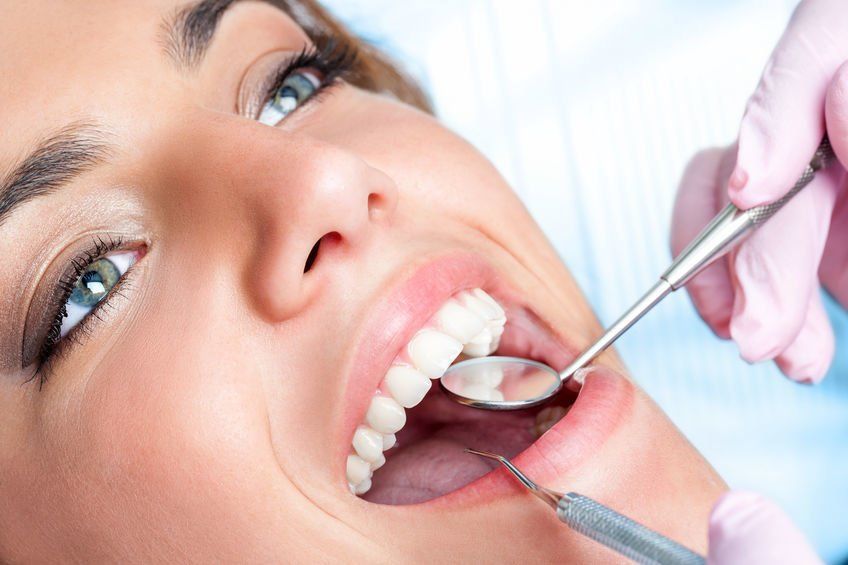How Dental Health Contributes to Overall Health
- By Mary Marks
- •
- 17 May, 2019
- •

The mouth is a cavity that is teeming with bacteria that need to be kept under control not only for aesthetic and comfort-related reasons, such as to prevent tooth decay and bad breath. That's why it is important to visit the Denver Sedation dentistry offices for a deep cleaning periodically. The uncontrolled proliferation of oral bacteria can cause infections and inflammations that can lead not only to health issues related to the mouth, but may also affect several other systems and organs of the body – here are the most frequent health issues potentially caused by dental health problems:
- Heart problems – oral bacteria can spread to other parts of the body, including the heart, the infection of the heart’s inner lining called endocarditis being one of the conditions that can emerge as a result;
- Cardiovascular disease – oral inflammations caused by bacteria can also affect the cardiovascular system, causing blood clots and clogged arteries;
- A weakened immune system – prolonged infection or inflammation can also compromise the body’s immune system, weakening its ability to protect itself against illnesses, such as viruses and bacterial infections;
- Respiratory illnesses – the bacteria that are not removed with proper cleaning can easily be breathed in, so poor oral health can also be linked to infections of the throat, of the airways and of the lungs.





Although oral sedation dentistry Highlands Ranch is one of the optionsavailable for managing anxiety and discomfort during oral surgery, you certainly do not need to use it all the time. As a matter of fact, the exact type of sedation or anesthesia that you receive during oral procedures may depend on various factors, such as the complexity of the procedure, your medical problems, as well as your doctor’s preferences.
There can be several different levels of sedation that can be used in oral surgery. Local anesthesia is one of them. This involves injecting anesthetic medication into the specific area where the surgery will take place. It numbs the area and is often used for less invasive procedures.
Oral sedation involves taking medication in the form of a pill to induce a state of relaxation and drowsiness. The patient is still conscious, but he/she may not be fully aware of the procedure. At any rate, sedation helps him/her get rid of anxiety.
In the case of intravenous sedation, medication is administered through a vein, which induces a deeper state of sedation than oral sedation. Patients may still be conscious, but they are less aware of their surroundings and may not remember the procedure.





